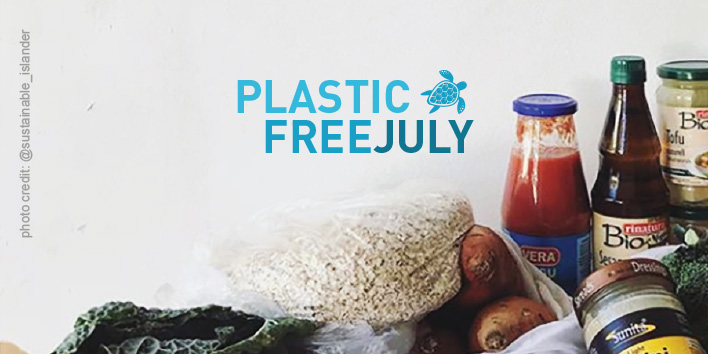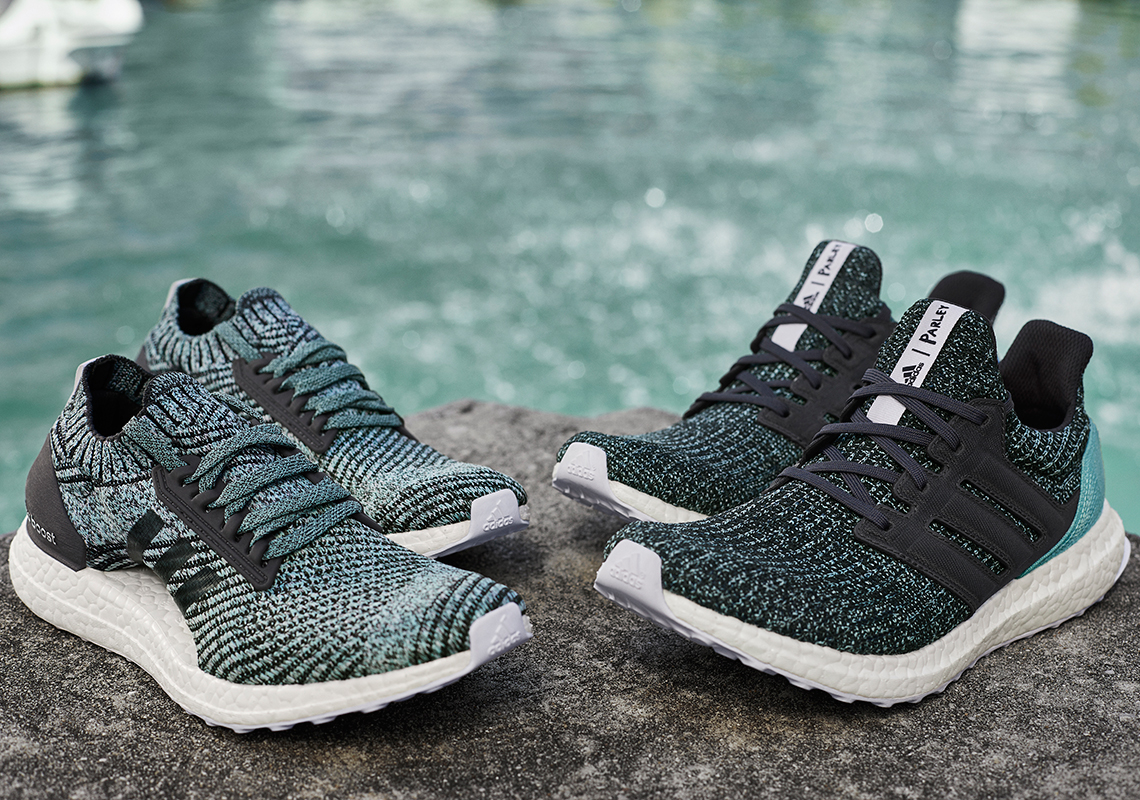
BY 2050 IT IS ESTIMATED THAT THERE WILL BE MORE PLASTIC THAN FISH IN THE WORLD’S OCEANS.
July is the month where we all try to make an effort to reduce our use of plastic or try avoid it all together. For some, it’s just another month but for some others, this might be a fun challenge that might make all the difference. Just try it for one month – attempt to use the least amount of plastic possible and then just maybe, by the time the month is over – you won’t even feel the need to go back to the big bad P.
We wanted to find a way to help spread the message and celebrate our 1 year of veco in one! So we’ve teamed up with one of our official stockists – Gala Supermarket, to giveaway a €50 voucher to spend in-store at Gala on ANYTHING.
What do you need to do?
- Visit our Facebook page here.
- If you haven’t yet, like our page @vitallyecologic.
- Like Gala Supermarket’s FB page too here.
- Pinned to the top, you’ll find our Facebook post promoting our giveaway.
- Comment on the post with a photo of just ONE way that you are reducing plastic this month. This could be anything – but we’ll give you a few ideas below.
- Finally, share the post and use the #’s: #plasticfreejuly #veco.
- We’ll be choosing ONE lucky winner on the 31st July 2019.
- If your #plasticfree methods impress us – we’ll even giveaway a few packs of veggiebags to 3 more lucky people.
Plastic Free Ideas:
- Refuse the obvious plastics: Bottles, Cutlery, Straws Cups, Plates, Bags, Takeaway Coffee Cups, etc.,
- Opt for Glass jars or bottles rather than the plastic alternative.
- Say no to teabags and opt for loose leaves!
- Use a reusable veggiebag when shopping for fruit & veg!
- Make the switch to a bamboo toothbrush.
- Pick up a few items of trash from the beach (or anywhere)
- Store leftovers in glass jars or containers.
- Take reusable containers with you to the deli when shopping.
- Take a reusable water bottle with you to work.
- Buy your friend or colleague a reusable product to help them stop using single-use items!
- Wrap food in baking paper or reusable wraps rather than cling film.
- Take a reusable shopping bag out with you if you’re going to the grocery store or even down to the shops!
So many ideas of what you can do this month (and always) to make a difference. So comment on our competition post with a photo of your loose leaf cuppa tea, your reusable water bottle on your work desk, your snazzy bamboo toothbrush or even of you using our veco veggiebags! Be a part of the change.










